SUMMARY
This is AI generated summarization, which may have errors. For context, always refer to the full article.
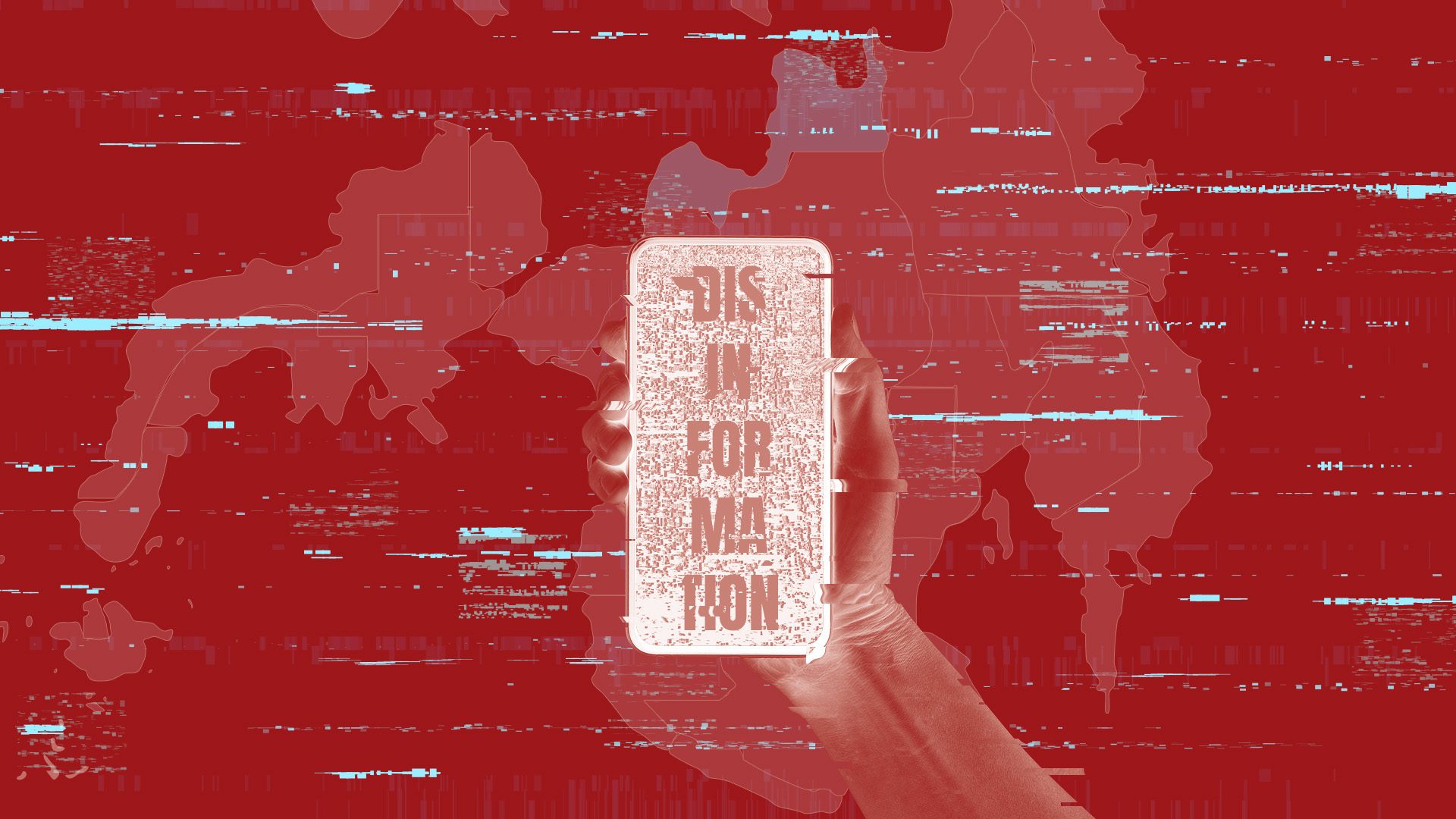
CAGAYAN DE ORO CITY, Philippines – The Cagayan de Oro-based civil society and elections watchdog Lihok 2022 Movement said disinformation campaigns at the local levels were left mostly unchecked in the city and Misamis Oriental in the just-held elections, but it was worse compared to the web of lies spread using communications technology in the presidential race.
“It was largely unchecked in the local levels but it was overwhelming in the race for the presidency,” said Netnet Camomot, a core member of the group and one of the organizers of the series of local political debates shortly before the May 9 elections.
Camomot said Lihuk also took note that the falsehoods were spread through social media and text blasts favorable to certain local politicians or maligning their opponents.
The short-video platform TikTok proved to be very influential to the younger voters at the local levels, she said.
Young voters made up more than half of the voter base in the country.
Camomot said two other social media vehicles for disinformation – Facebook and YouTube – also shaped public opinion, especially among young people, and factored in the outcomes of the local and national elections.
“We have a generation of young voters who cannot distinguish what is fact and what is fake. That is a problem,” she said.
Local academics struggled to expose the disinformation in schools.
Rechelle Barraquias, the chairperson of the Development Communications Department of the Jesuit-run Xavier University in Cagayan de Oro, battled with her wits as she began discussions among her students about disinformation and misinformation.
“It is frustrating if you encounter students who cannot distinguish between fact and disinformation,” Barraquias said.
Barraquias said it used to be that students had healthy discussions about their political ideas, but recent developments in the classrooms and virtual rooms showed it was no longer the case.
Students have become more assertive about their political beliefs, she noted.
Barraquias said algorithms led to students’ misperceptions.
“Once Facebook sees your interests, it will suffocate you with feeds that the algorithm thinks you like,” Barraquias said, “The war is really on Facebook.”
She said journalism has also morphed from being a one-way street where only mainstream media deliver news to a free-for-all social media platform where anyone with internet access can post any message without passing through proper gatekeeping processes.
“The problem is, it is easy to convey statements that ripple into disinformation,” Barraquias said.
Students, she said, need to become more discerning, and understanding of issues, and hone their critical thinking faculties.
“Media and information literacy is our antidote against disinformation,” she said.
“We can start when students are very young,” said Joseph Elvir Tubilan, communications and journalism professor and dean of the College of Arts and Sciences of the state-run Cebu Normal University.
He said schools are in the position to lead the fight against disinformation and become society’s “first line of defense” against those behind streams of falsehoods such as what the country saw during this year’s election period.
Students, said Tubilan, could be taught to spot disinformation and misinformation at a very young age just like in some countries in Europe that have taken the matter seriously, and as a threat.
“Elementary schools should be on the frontline of this war in the next few years,” Tubilan said. “We should start at the grade-one level not only in private and religious institutions but also in public schools.”
He said students should be taught how easy it is to manipulate information in the arts and lie in statistics, and spot political propaganda.
“The goal is producing responsible citizens and voters,” Tubilan said.
The May 9 elections were marred by violence, vote-buying, and widespread disinformation, according to an interim report by the International Observer Mission (IOM) sponsored by the International Coalition for Human rights in the Philippines. – Rappler.com
This story is supported by a grant from Internews.
Add a comment
How does this make you feel?


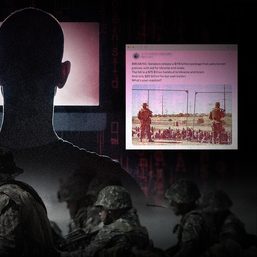

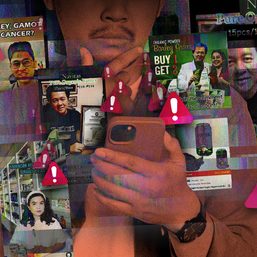
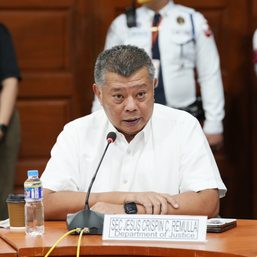
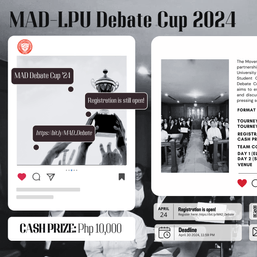

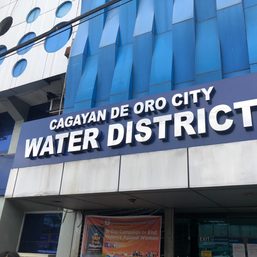
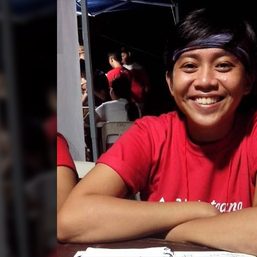
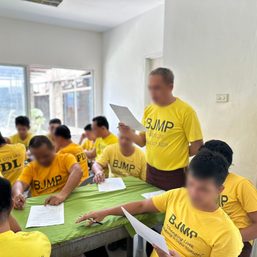

There are no comments yet. Add your comment to start the conversation.